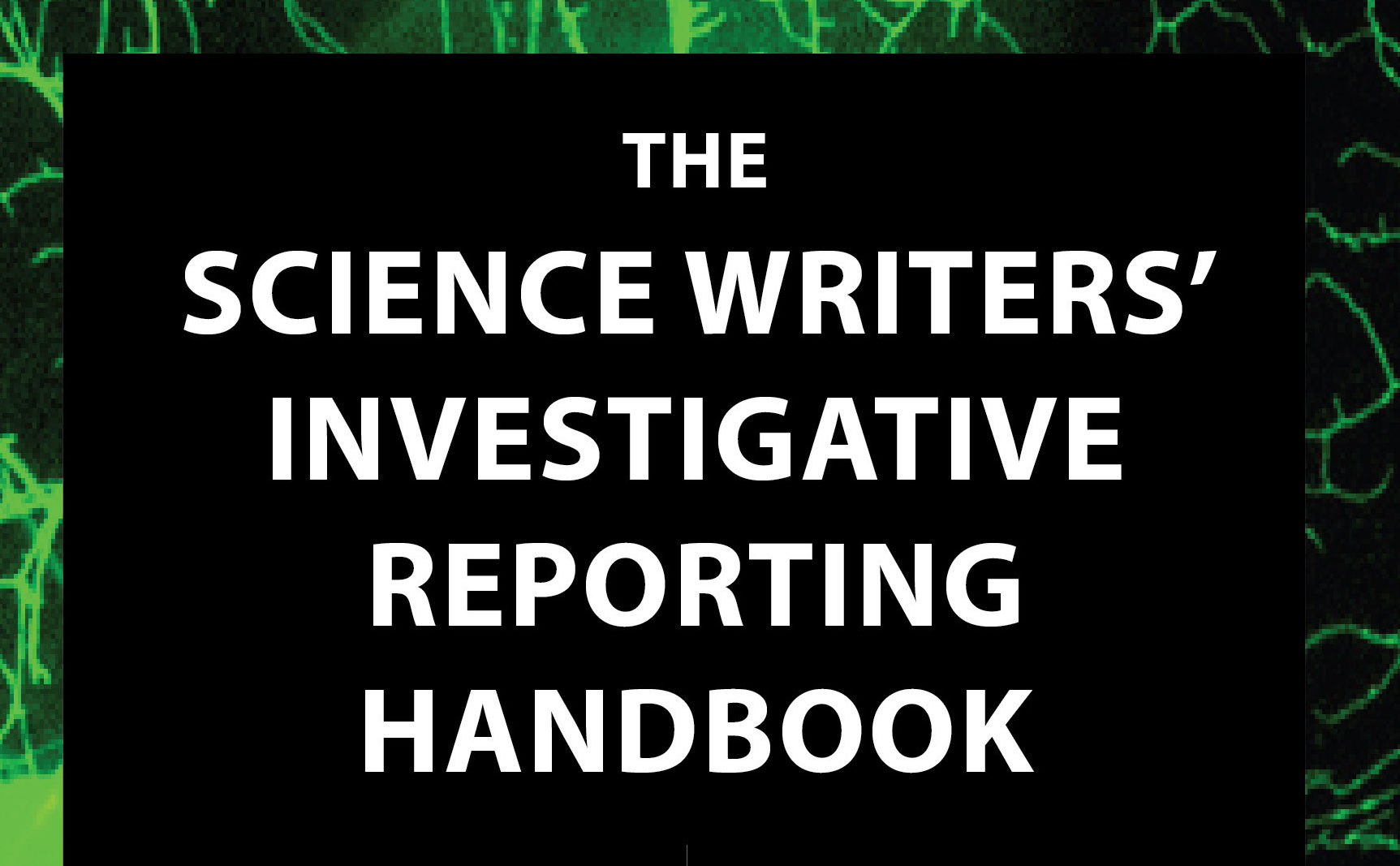 A quarter-century ago, a hard-nosed Chicago Tribune investigative reporter named John Crewdson excoriated science journalists, in a piece headlined “Perky Cheerleaders,” for covering their beat as true believers, anxious for great scientists to perform great feats. “When Professor Schmidtlapp says he’s discovered something big, the science writers, their collective belief reaffirmed (and their own stature enhanced), don’t draw their guns and make him put his cards on the table,” Crewdson argued. “They don’t flyspeck his raw data, don’t check his funding sources, don’t scrutinize his previous articles for mistakes … They like science, they probably admire Schmidtlapp and they’re excited by the prospect that he’s right. So they just ask him how to spell whatever it is and write it down.”
A quarter-century ago, a hard-nosed Chicago Tribune investigative reporter named John Crewdson excoriated science journalists, in a piece headlined “Perky Cheerleaders,” for covering their beat as true believers, anxious for great scientists to perform great feats. “When Professor Schmidtlapp says he’s discovered something big, the science writers, their collective belief reaffirmed (and their own stature enhanced), don’t draw their guns and make him put his cards on the table,” Crewdson argued. “They don’t flyspeck his raw data, don’t check his funding sources, don’t scrutinize his previous articles for mistakes … They like science, they probably admire Schmidtlapp and they’re excited by the prospect that he’s right. So they just ask him how to spell whatever it is and write it down.”
A variation on the “science writers as stenographers” trope has emerged periodically ever since Crewdson landed this first blow. I appreciate the call for greater scrutiny of science and make a similar plea in The Science Writers’ Investigative Reporting Handbook — the third in a series of how-to guides published by members of SciLance, the science writers’ tribe who brought you this blog. (See below, for more on this series.)
But — and this is a big but — I believe this perennial knock on science writers deserves greater scrutiny as well. It overlooks the many examples of tough-minded stories that have revealed how individuals and powerful interests have used and abused science in pursuit of private gain. I also believe, based on countless conversations with colleagues over the years, that many science writers would like to try investigative reporting but haven’t done so because they weren’t sure how to start.
That’s why I sought — and gratefully received — a Peggy Girshman Idea Grant from the National Association of Science Writers. I wanted to demystify investigative reporting for my fellow science writers and give them both the tools and confidence to launch their own investigations. I wanted to share the knowledge I’d picked up on the fly as a greenhorn, and later gleaned from workshops, tutorials, my own accumulated experience and sage advice from veteran investigators. The grant gave me the opportunity to revisit all the materials I’d benefited from over the years and talk shop with veteran investigators who’d parlayed their indignation at injustice into reform-sparking exposés. (It’s not a coincidence that the acronym for Investigative Reporters and Editors is IRE.)
Some reporters believe there’s no real difference between investigative reporting and other types of journalism. For them, it’s all just good reporting. But investigative reporting carries risks you don’t have to worry about with other types of stories. Consider the definition an early mentor of mine, Joe Bergantino, uses in his trainings: investigative reporting is “making something public that someone would rather keep secret that’s of public importance.”
To break that down a little, you’re revealing something someone doesn’t want revealed. Something that has consequences for a lot of people — which means that “someone” probably is in a position of power. And that means there’s a lot riding on what you publish: it’s not just your subject’s reputation that could suffer but yours too, if your story turns out to be wrong. Even if your story is airtight, you’re likely to be extremely unpopular in certain circles. You might even get sued by subjects with the time and money to drag you through a frivolous lawsuit.
On the positive side — and I believe this is a big positive, which is why I wrote this book — you can change people’s lives for the better with these types of stories. And when you make every effort to nail down the facts, and ensure that you have legal protection, you start recognizing blowback for what it is: a sign that your story uncovered something someone would rather keep secret.
In the coming months I’ll share tips and insights from the book on this blog to help journalists — at least those with no intention of being perky cheerleaders — treat science with the same scrutiny they would any other human enterprise.

The Science Writers’ Investigative Reporting Handbook is available on Amazon. The other two guides in this series — The Science Writers’ Handbook and Michelle Nijhuis’ The Science Writers’ Essay Handbook — are also available on Amazon. All three handbooks were supported by NASW Idea Grants.
(Cross-posted from pitchpublishprosper.com.)
